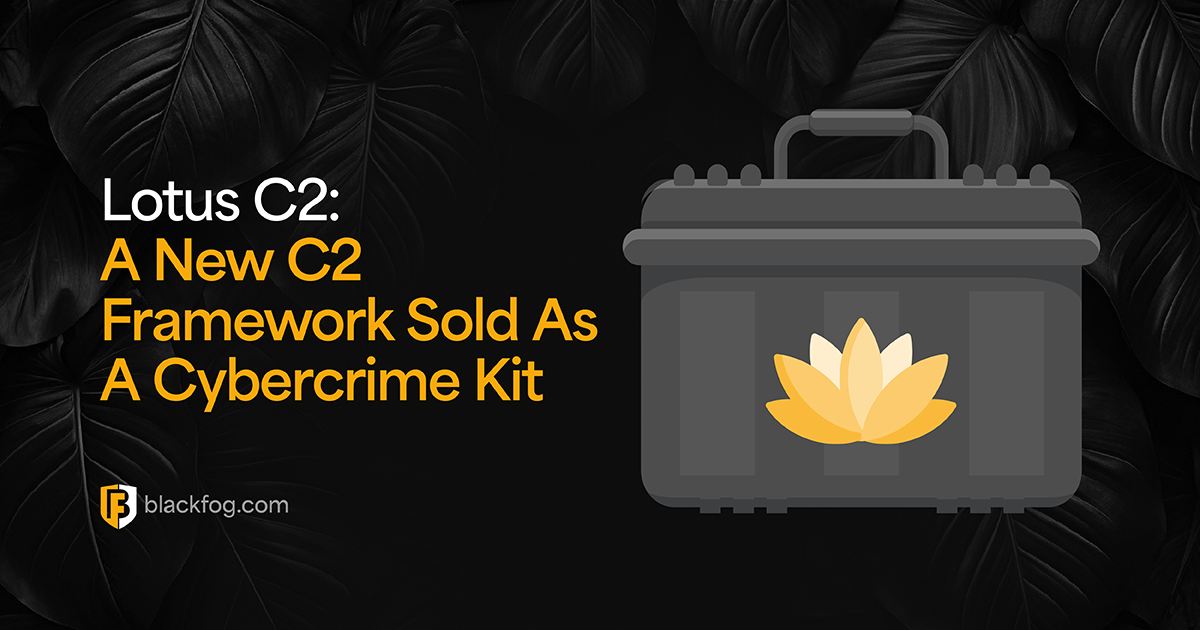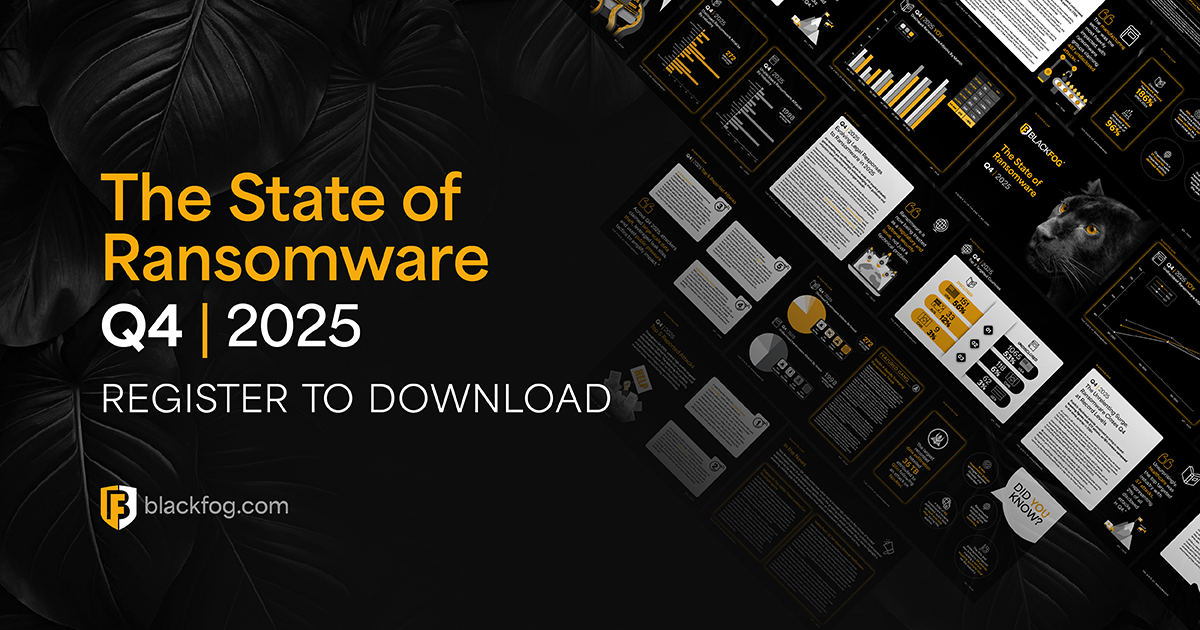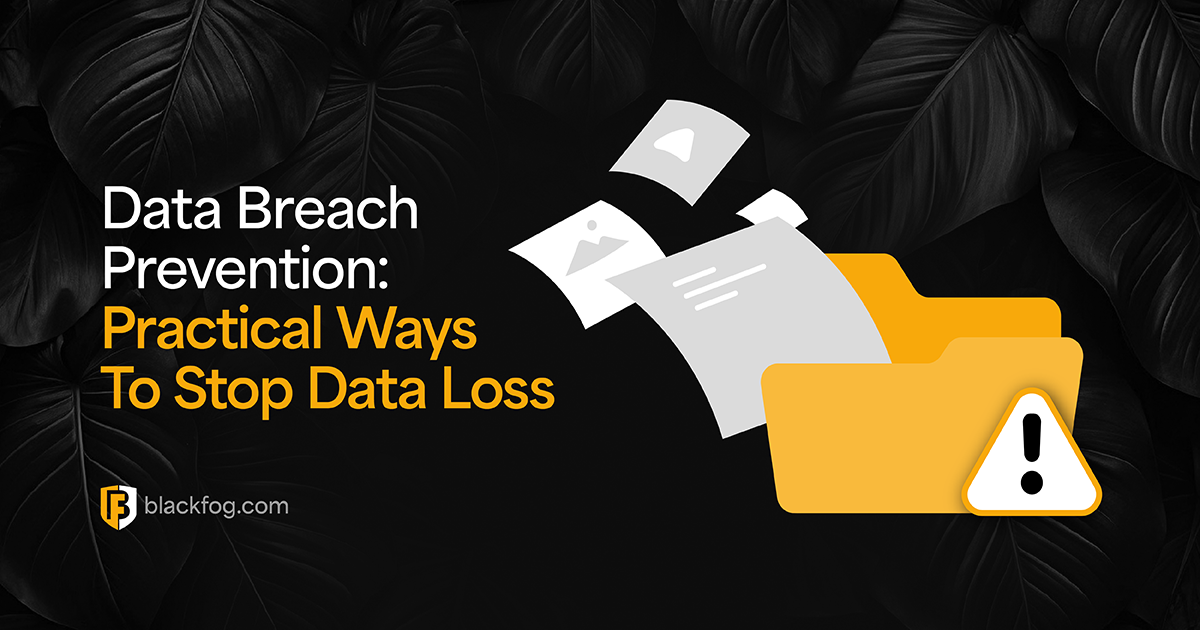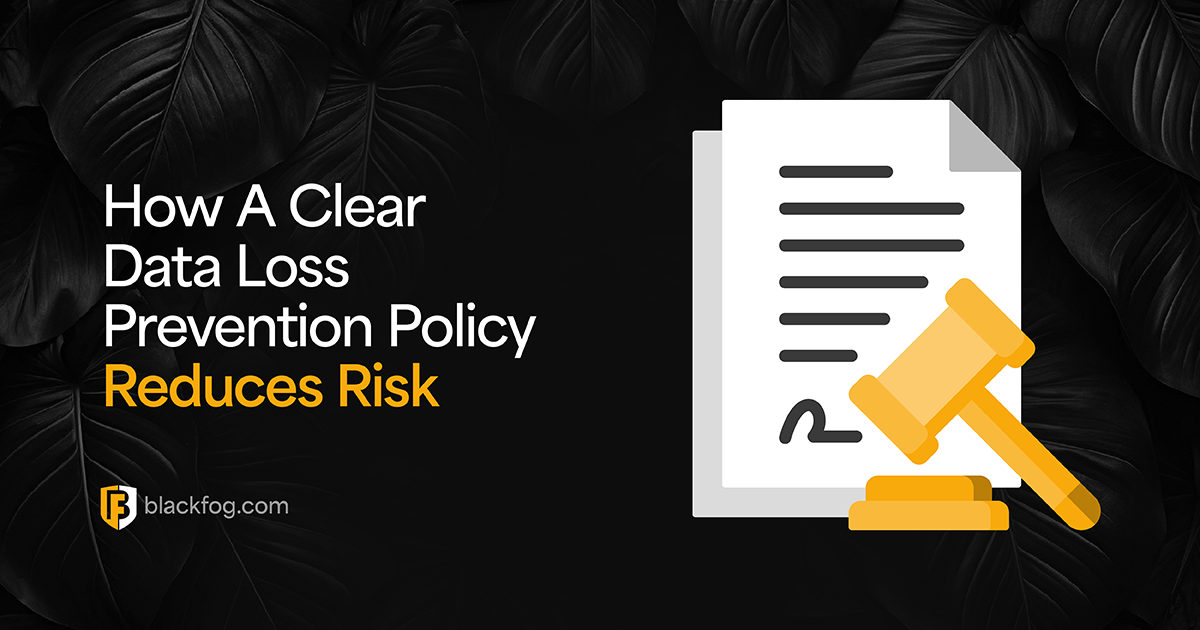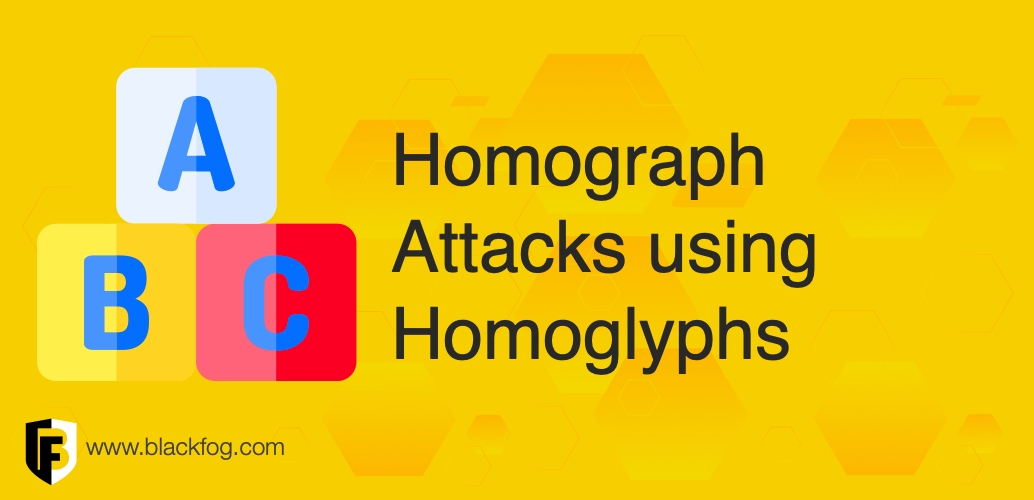
A New Vector
Homograph attacks are the latest in a long line of new attack vectors now being used by cybercriminals to trick users into disclosing personal information such as passwords or other sensitive data.
What is a Homograph?
A Homograph is an attack that uses homoglyphs, characters that use other character sets such as Greek and Cyrillic that have letters that look the same as the roman equivalents. As such, cybercriminals can register domain names that look on the surface to be identical to existing domains and can be used to capture user passwords or other sensitive information. A good example would be an attacker registering the domain “google.com” but using the unicode character u+043E or cyrillic small letter O. There are many characters this can be applied to in order to create a significant number of identical domains.
This technique is usually combined with phishing attacks to trick the user into clicking on the domain and redirecting them to an untrusted domain to deploy malware or collect other information.
How can BlackFog help?
BlackFog Privacy provides automatic protection from homographs and homoglyphs by monitoring network packets in real time. When it detects domains containing multiple character sets it automatically prevents access to that domain.
Share This Story, Choose Your Platform!
Related Posts
Lotus C2 – A New C2 Framework Sold as a Cybercrime Kit
Learn how Lotus C2 enables credential theft, data exfiltration, and mass attacks, blurring red team and cybercrime lines.
Shadow AI Threat Grows Inside Enterprises as BlackFog Research Finds 60% of Employees Would Take Risks to Meet Deadlines
BlackFog research shows Shadow AI growth as 60% of employees accept security risks to work faster using unsanctioned AI tools.
The Void: A New MaaS Infostealer Targeting 20+ Browsers
Find out how Model Context Protocol (MCP) could be abused as a covert channel for data theft: five real risks, examples, and mitigations.
2025 Q4 Ransomware Report
BlackFog’s 2025 Q4 Ransomware Report - The Unrelenting Surge: Ransomware Closes Q4 at Record Levels
Data Breach Prevention: Practical Ways To Stop Data Loss
Data breaches are costly cyberthreats. Learn how data breach prevention strategies reduce risk and stop the most common causes in our guide.
How A Clear Data Loss Prevention Policy Reduces Risk
Find out what's needed to create a strong data loss prevention policy and why this matters in a complex environment.

